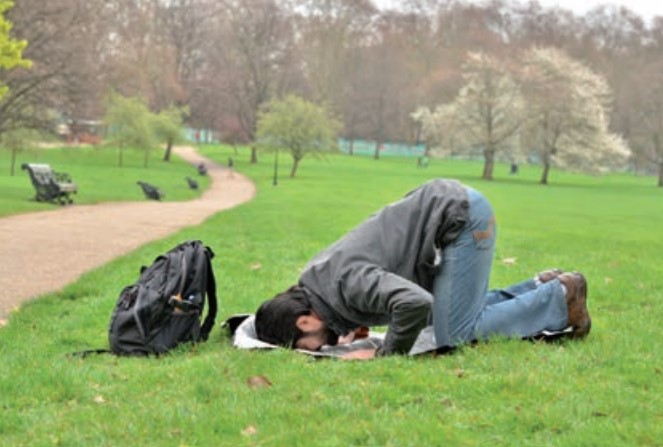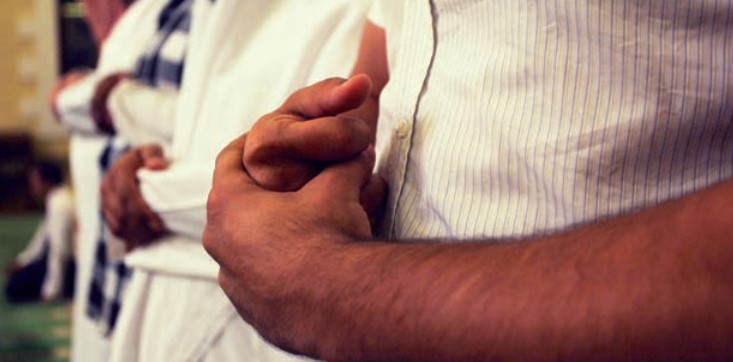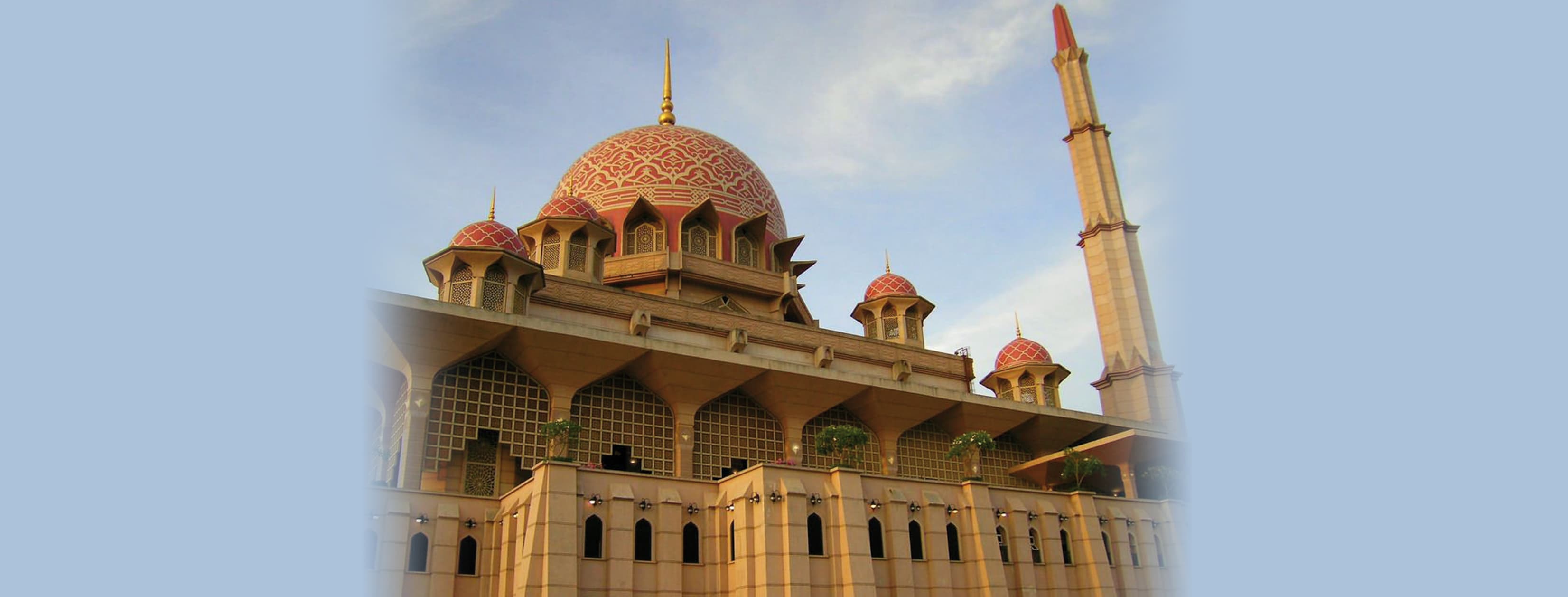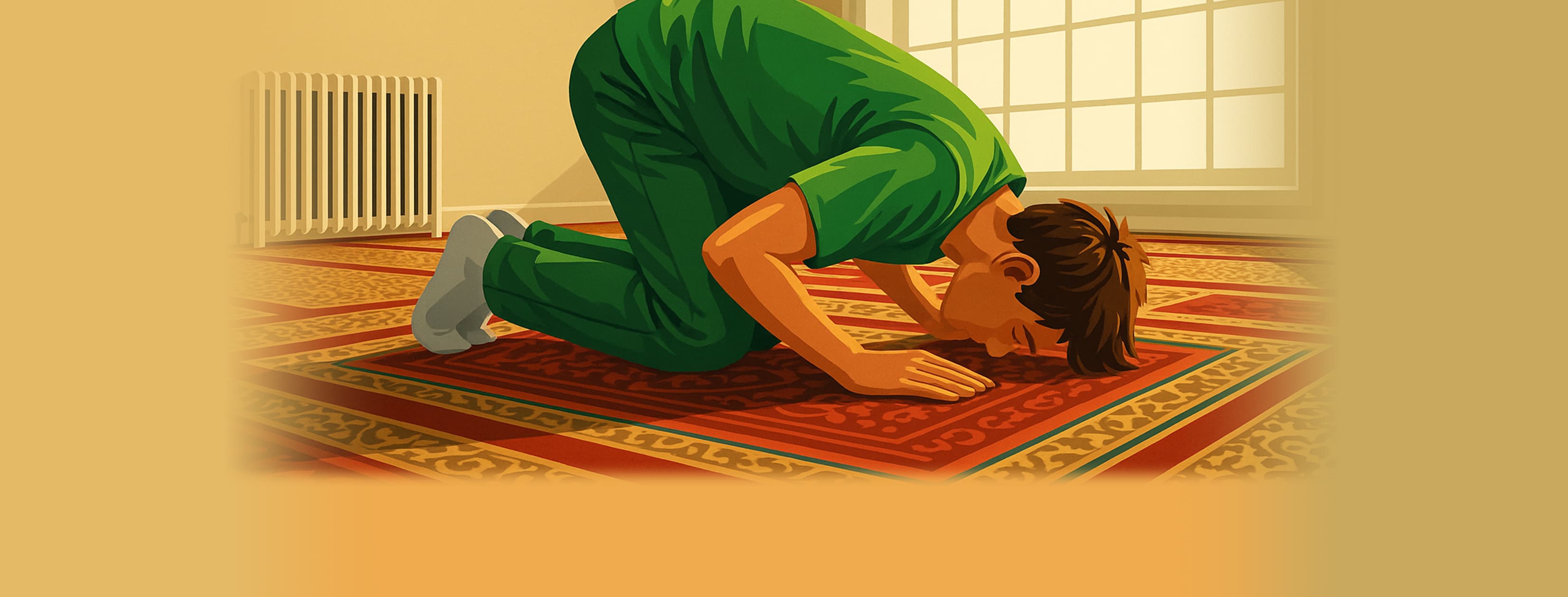The pillars (arkaan; singular: rukn) of the prayer are its essential parts that are necessary for its validity. If any of these pillars is left out due to forgetfulness or deliberate omission, the prayer becomes invalid.
They are as follows:
The opening takbeer; assuming the standing position, if one has the ability to do so; reciting Soorat Al-Faatihah (in the case of performing the prayer alone, i.e., not being led by an imaam); bowing; rising from the bowing position; prostrating, sitting between the two prostrations, the final tashahhud, sitting while reciting the tashahhud; the tasleem.; and making certain that each body part assumes the appropriate position before one moves from one position to another.
The obligatory acts of the prayer (waajibaat; singular: waajib)are those acts that must be done in the prayer. If they are deliberately omitted, the prayer becomes invalid. However, if they are left out due to inattention or forgetfulness, the prayer is still valid, but the acts that are left out can be compensated for with the two prostrations of forgetfulness, as will be explained later.
The obligatory acts of the prayer are as follows:
Recitation of takbeer throughout the prayer other than the opening takbeer; saying Subhaana rabbiy-al-‛adheem (Glory be to my Lord, the Almighty) once; saying Sami‛allaahu li man hamidah (Allah listens to him who praises Him), whether one is praying alone or one is the prayer leader (imaam); saying Rabbanaa wa lakal-hamd (Our Lord, to You is due all praise); Subhaana rabbiyal-a‛laa (Glory be to my Lord, Most High) once; saying Rabbighfir lee, (O Lord, forgive me) while sitting between the two prostrations once; and reciting the first tashahhud. These obligatory acts can be made up for with the two prostrations of forgetfulness.
The recommended acts of the prayer (sunan as-salaat) are those words and acts other than the pillars nor the obligatory acts of the prayer. They serve to complement the prayer and it is recommended to observe them. Omission of any of these acts, however, does not render the prayer invalid.

The more a person keeps distractions away by concentrating in prayer and humbling himself before his Lord, the more rewards he will get and the higher his grade in Paradise will be.
|
The Two Prostrations of Forgetfulness These prostrations are generally performed to make up for any deficiency in the prayer. When can they be performed? They can be performed in the following cases: 1If a person forgetfully adds an extra act in the prayer, whether it is assuming an extra standing position, prostrate position, bowing position or sitting position, then he has to perform the two prostrations of forgetfulness at the end of the prayer. 2If he unintentionally leaves out any of the pillars of the prayer (arkaan), he must add the missing pillar and then perform the two prostrations of forgetfulness at the end of the prayer. 3If he unintentionally leaves out any of the obligatory acts of prayer (waajibaat), such as the first tashahhud, he must perform the prostrations of forgetfulness. 4If he is in doubt as to the number of the prayer units he has performed, he simply assumes he has performed the lesser number to be on the safe side and performs the two prostrations of forgetfulness at the end of the prayer. Manner of Performing the Two Prostrations due to Forgetfulness: These can be performed in exactly the same manner he normally performs in the prayer; that is, by performing two prostrations and sitting between them. When to Perform the Two Prostrations of Forgetfulness: They can be performed:
|
Acts which Invalidate the Prayer
The prayer becomes invalid in the following cases:
1
If any of its pillars (arkaan) or obligatory acts (waajibaat) are intentionally or forgetfully omitted despite one’s ability.
2
If any of its obligatory acts (waajibaat) are intentionally left out.
3
Deliberately speaking whilst in prayer.
4
Laughing out loud whilst in prayer.
5
Making Unnecessary, continuous movements.
Acts which Are Disliked During the Prayer

It is disliked to fiddle with the hands or face during the prayer.
These are the acts which are bound to decrease the reward for one’s prayer and negatively affect humility, concentration and attentiveness in it. They are as follows:
1
Turning the head around during prayer, for when the prophet ﷺ was asked about this act, he said, “It is a way of stealing by which Satan takes away a portion from a person’s prayer.” (Saheeh Al-Bukhaaree: 718)
2
Fiddling with one’s hands or face, placing one’s hands on the hips, clasping one’s hands together and cracking one’s fingers.
3
Engaging in prayer when one is distracted by something, such as one’s need to answer the call of nature, for the prophet ﷺ said, “No prayer can be correctly offered when the food is served before the worshipper, or when one is prompted by the call of nature.” (Saheeh Muslim: 560)


